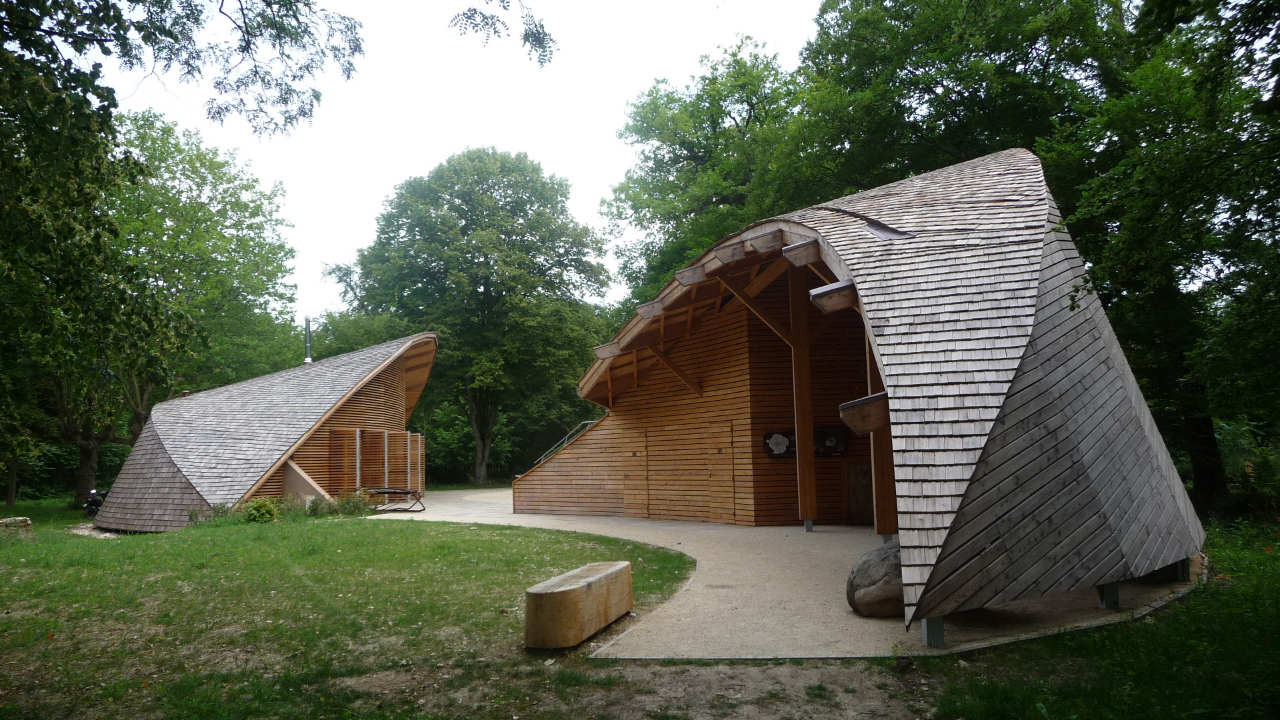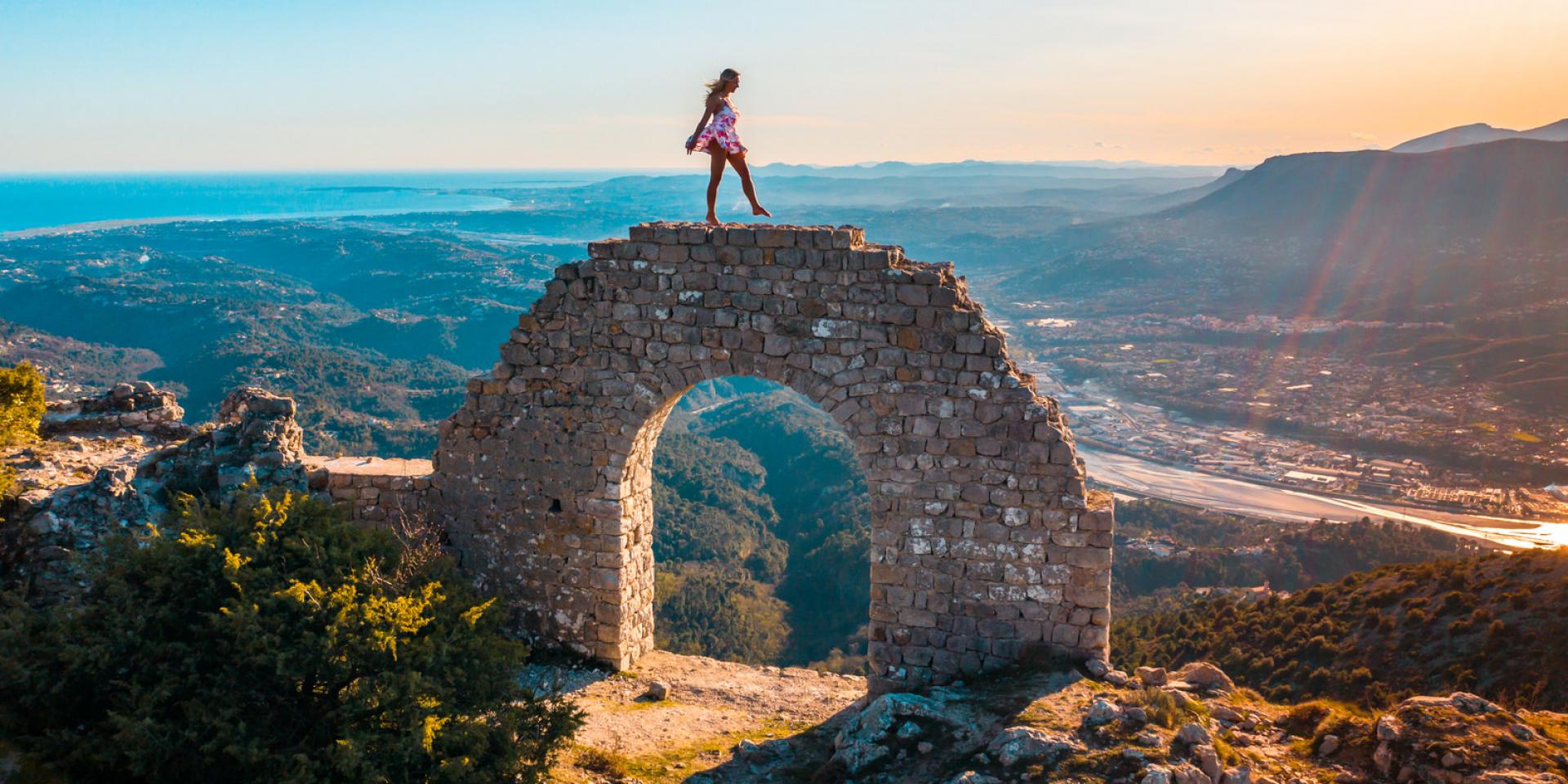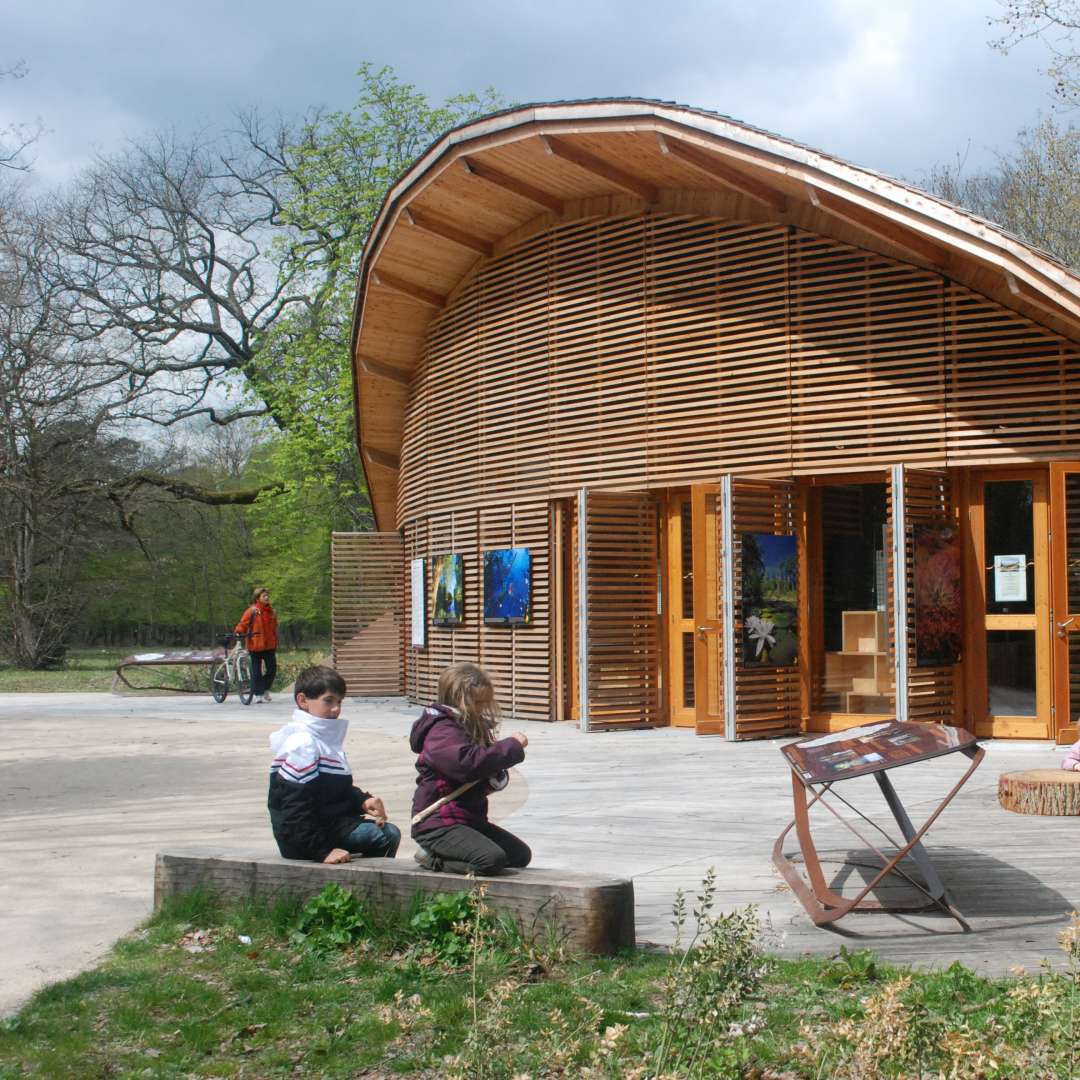Embracing Nature’s Elegance: A Deep Dive into Eco-tourism in France
France, a nation synonymous with haute couture, fine dining, and historical grandeur, is also quietly cultivating a vibrant and diverse eco-tourism scene. Beyond the bustling boulevards of Paris and the sun-drenched beaches of the Riviera, a network of protected natural spaces, sustainable initiatives, and eco-conscious accommodations is blossoming. This exploration delves into the heart of French eco-tourism, revealing its diverse offerings and the commitment to preserving the nation’s natural heritage.
France’s commitment to environmental protection is deeply rooted, with a growing awareness of the need to balance economic development with ecological preservation. This awareness has fueled the rise of eco-tourism, a sector emphasizing responsible travel, minimizing environmental impact, and contributing to local communities. The French government, alongside regional authorities and private organizations, is actively promoting sustainable practices, encouraging visitors to explore the country’s natural beauty while respecting its fragile ecosystems.

France’s geographical diversity provides a rich tapestry for eco-tourists. From the majestic Alps to the tranquil lavender fields of Provence, each region offers unique experiences.
The Majestic Alps: Adventure and Conservation
The French Alps, a haven for outdoor enthusiasts, are increasingly embracing sustainable tourism. Ski resorts are implementing energy-efficient infrastructure, promoting public transportation, and offering eco-friendly activities like snowshoeing and cross-country skiing. Summer brings opportunities for hiking, mountain biking, and wildlife observation, with a focus on respecting the delicate alpine environment. National parks like Vanoise and Écrins are actively engaged in conservation efforts, educating visitors about the importance of biodiversity.
The Verdant Valleys of the Loire: Gentle Exploration
The Loire Valley, renowned for its fairytale châteaux, is also a prime destination for eco-tourists. Cycling along the Loire à Vélo, a scenic network of bike paths, allows visitors to explore the region at a leisurely pace, discovering charming villages, vineyards, and lush landscapes. Canoeing and kayaking on the Loire River provide a unique perspective on the valley’s natural beauty, while eco-lodges and guesthouses offer sustainable accommodation options.
The Wild Beauty of Brittany: Coastal Resilience

Brittany, with its rugged coastline, windswept islands, and ancient forests, attracts nature lovers seeking authentic experiences. Hiking along the GR34, a coastal trail stretching over 2,000 kilometers, reveals breathtaking views of the Atlantic Ocean. Marine reserves like the Iroise Sea are committed to protecting marine biodiversity, offering opportunities for responsible whale and dolphin watching. Eco-friendly initiatives promote sustainable fishing practices and encourage visitors to respect the region’s unique ecosystem.
The Aromatic Landscapes of Provence: Lavender and Sustainability
Provence, famous for its lavender fields and Mediterranean climate, is embracing sustainable agriculture and eco-tourism. Organic farming practices are gaining popularity, reducing the use of pesticides and promoting biodiversity. Visitors can explore lavender fields on foot or by bike, visit local farms, and learn about the production of essential oils and other natural products. Eco-lodges and guesthouses offer accommodations that blend seamlessly with the natural environment.
The Volcanic Wonders of the Auvergne: A Journey into the Earth
The Auvergne region, with its dormant volcanoes and verdant landscapes, offers a unique eco-tourism experience. The Regional Natural Park of the Volcanoes of Auvergne is a protected area that showcases the region’s geological heritage. Hiking, cycling, and horseback riding are popular activities, allowing visitors to explore the volcanic landscapes and discover hidden waterfalls and lakes. Local initiatives promote sustainable agriculture and encourage visitors to support local producers.

France is witnessing a surge in eco-friendly accommodations, ranging from rustic guesthouses to luxurious eco-lodges. These accommodations are committed to minimizing their environmental impact through various initiatives:
Energy Efficiency and Renewable Energy
Many eco-lodges and guesthouses utilize solar panels, geothermal energy, and other renewable energy sources to reduce their carbon footprint. They also implement energy-efficient lighting and heating systems.
Water Conservation and Waste Reduction
Water-saving fixtures, rainwater harvesting systems, and composting are common practices in eco-friendly accommodations. They also prioritize waste reduction and recycling, encouraging guests to minimize their consumption of single-use plastics.
Local and Organic Food
Many eco-accommodations source their food from local farms and producers, supporting sustainable agriculture and reducing food miles. They also offer organic and vegetarian options, catering to diverse dietary needs.
Natural Building Materials
Eco-conscious accommodations often utilize natural building materials like wood, stone, and earth, minimizing the use of synthetic materials and reducing their environmental impact.
Eco-tourism in France goes beyond simply visiting natural areas; it involves engaging in responsible activities that minimize environmental impact and contribute to local communities.
Hiking and Cycling: Exploring at a Gentle Pace
Hiking and cycling are excellent ways to explore France’s natural landscapes at a leisurely pace, minimizing carbon emissions and allowing for close encounters with nature.
Wildlife Observation: Respecting Animal Habitats
Wildlife observation should be conducted responsibly, respecting animal habitats and avoiding disturbance. Guided tours with experienced naturalists can enhance the experience and ensure ethical practices.
Supporting Local Communities: Buying Local and Eating Local
Supporting local businesses and producers is essential for sustainable tourism. Buying local products and eating local cuisine helps to boost the local economy and preserve traditional crafts and culinary practices.
Volunteering and Conservation Projects: Giving Back to Nature
Volunteering in conservation projects, such as trail maintenance or beach cleanups, provides an opportunity to give back to nature and contribute to environmental protection.
While France has made significant strides in promoting eco-tourism, challenges remain. Balancing economic development with environmental protection requires ongoing efforts to educate visitors, support sustainable businesses, and implement effective policies.
Promoting Sustainable Transportation
Encouraging the use of public transportation, cycling, and walking is crucial for reducing carbon emissions associated with tourism. Investing in sustainable transportation infrastructure is essential for facilitating eco-friendly travel.
Combating Over-Tourism
Over-tourism can strain natural resources and negatively impact local communities. Implementing strategies to manage visitor flows, such as promoting off-season travel and encouraging visits to less crowded destinations, is essential.
Educating Visitors and Raising Awareness
Raising awareness about sustainable tourism practices is crucial for ensuring responsible travel. Educating visitors about the importance of respecting nature, supporting local communities, and minimizing environmental impact is essential.
Supporting Sustainable Businesses
Providing financial and technical support to sustainable businesses, such as eco-lodges, tour operators, and local producers, is essential for fostering the growth of the eco-tourism sector.
France’s commitment to eco-tourism is a testament to its dedication to preserving its natural heritage for future generations. By embracing sustainable practices and engaging in responsible activities, visitors can experience the beauty and diversity of France while contributing to its environmental and cultural preservation. The future of eco-tourism in France lies in fostering a harmonious relationship between humans and nature, ensuring that the nation’s natural treasures remain accessible and vibrant for years to come.



